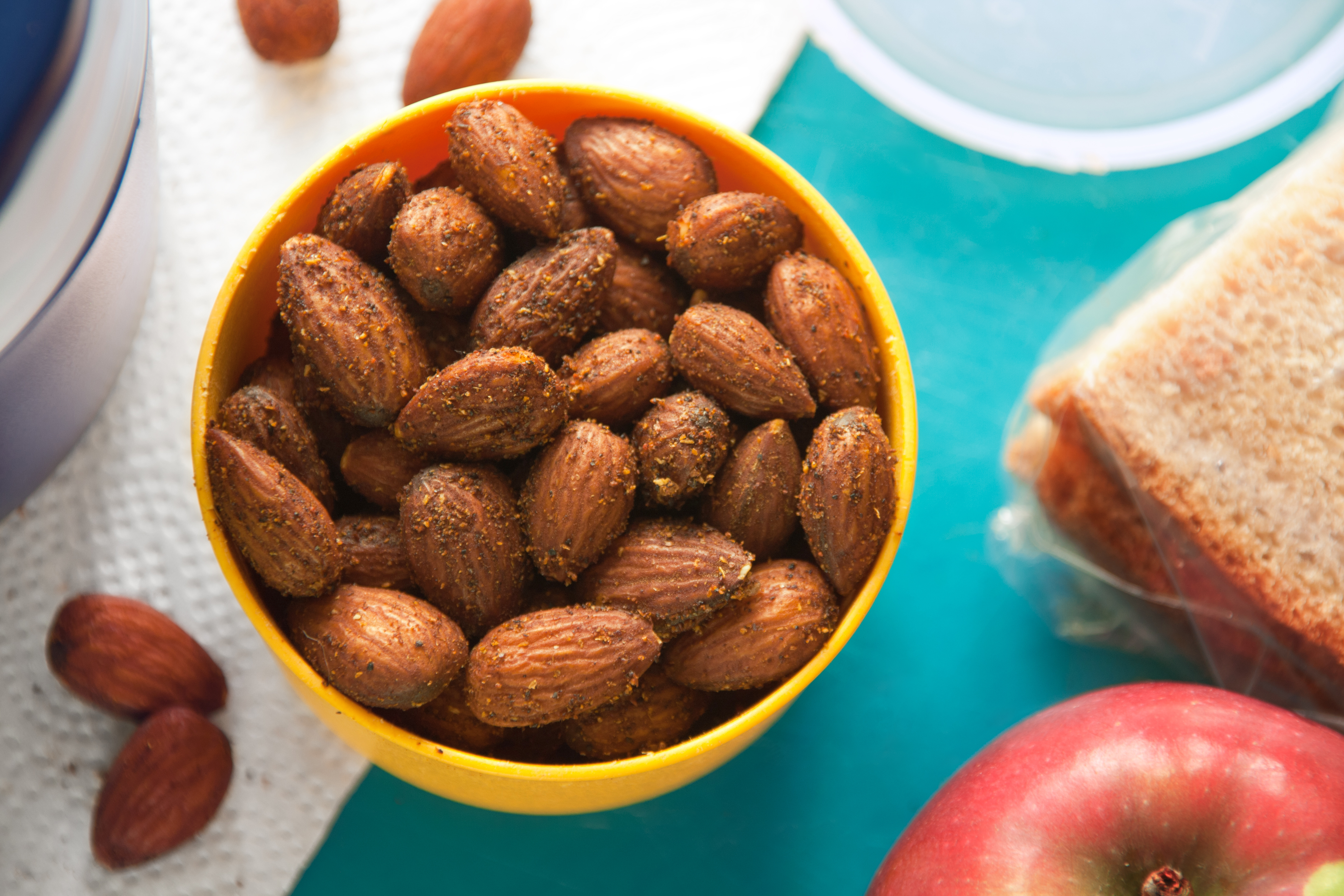Some people don’t give hunger much thought. For these individuals, it’s just a passing feeling that waxes and wanes throughout the day; a comfortable feeling that’s easy to manage. For others, it brings about feelings of uncertainty (“Should I be hungry?”) or guilt (“How can I be hungry? I just ate.”). This tangled space of questions is where I love to work, and an area I think many of us can relate to. I believe that this junction where the how and when to respond to hunger exists is where a lot of positive change can happen.
If you sometimes question whether you honor your hunger the right way then this is the space you should be exploring with some important questions. Answer these and you will develop a better, more confident relationship with food and definitely answer your personal “how” and “why.”

What is real hunger?
A gradual desire for food that is clearly coming from your stomach and lets you know you are about ready to eat: that is real hunger. When you are physically hungry, you can consider options and think about what seems like the best choice. You are in control. Of course, we are not talking about starving, which limits your ability to make a good choice because you can only think about eating something…fast. This usually occurs when that gradual rise in hunger isn’t responded to in a timely manner. When you know that your hunger is true, physical hunger, you should always respond to that hunger.
What is emotional hunger?
You’re likely familiar with the kind of emotional hunger that results in a spoon and pint of ice cream. That’s certainly an example of emotional eating many of us recognize. However, I like to focus on a more subtle emotional hunger. The sudden desire to grab something to eat that occurs after a tough phone call. The handful of food, followed by mindless handful of food, when you are “working.” The desire for food that comes the moment you enter your house after a long day at work. These emotional eating moments come on quickly and are often for a particular taste such as salty, sweet or crunchy. The key here is that this hunger starts in your brain rather than your stomach, and is not physical hunger. Rather this “hunger” is for something else, like getting that phone call out of the way, managing stress, or feeling less of an uncomfortable emotion. This type of hunger should never be responded to with food, but rather with strategies that actually lead to the desired outcome you are seeking.
Why am I hungry now?
This one comes up a lot when I am helping individuals map out a balanced day of eating. Often, individuals are trying to hold off their hunger or determine when it’s “right” to eat. Or they assume that yesterday’s timing is exactly right for today too. The issue here is that there are many reasons why our hunger shifts from day to day, especially if you have some days that are more active than others. The key is to confirm that your hunger is indeed physical, true hunger and choose a balanced combination of nutrients to honor it. This is not grabbing a few crackers to “hold you over,” but rather pairing those crackers with protein and vegetables. Or passing on them altogether for a larger meal.
Why should I eat? It makes me hungry.
It’s not uncommon for people to tell me that they don’t like to eat breakfast because then they’re hungry all day. I always respond by reminding them that physical hunger is a good thing. We eat a wholesome breakfast to start our day with a satisfying blend of nutrients that boost our energy and our metabolism. That hunger that you feel after, is a sign of good metabolism, and that your body effectively burned the energy you provided and is ready to do it again. It’s when you don’t feel hungry that we have a problem of poor metabolism.
Hungry for more?
Mindful Meals: Creating Delicious, Nourishing & Satisfying Food (Webcast)
Snack Healthy: The Rise of Mini Meals (Webcast)